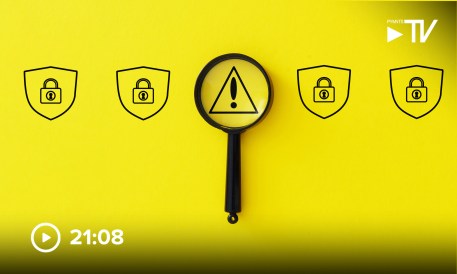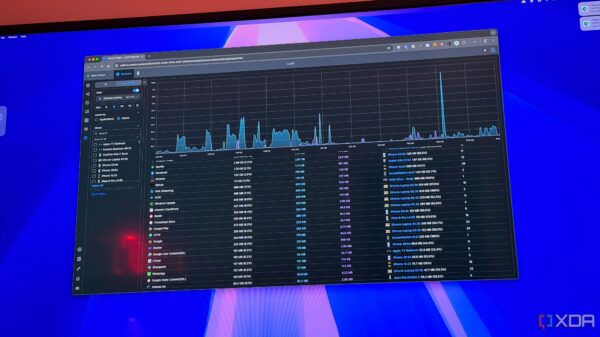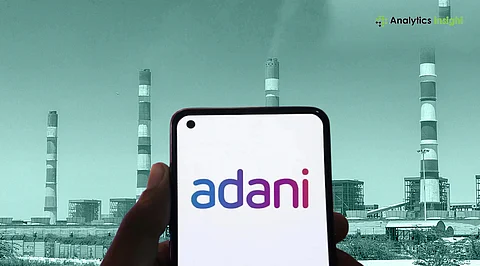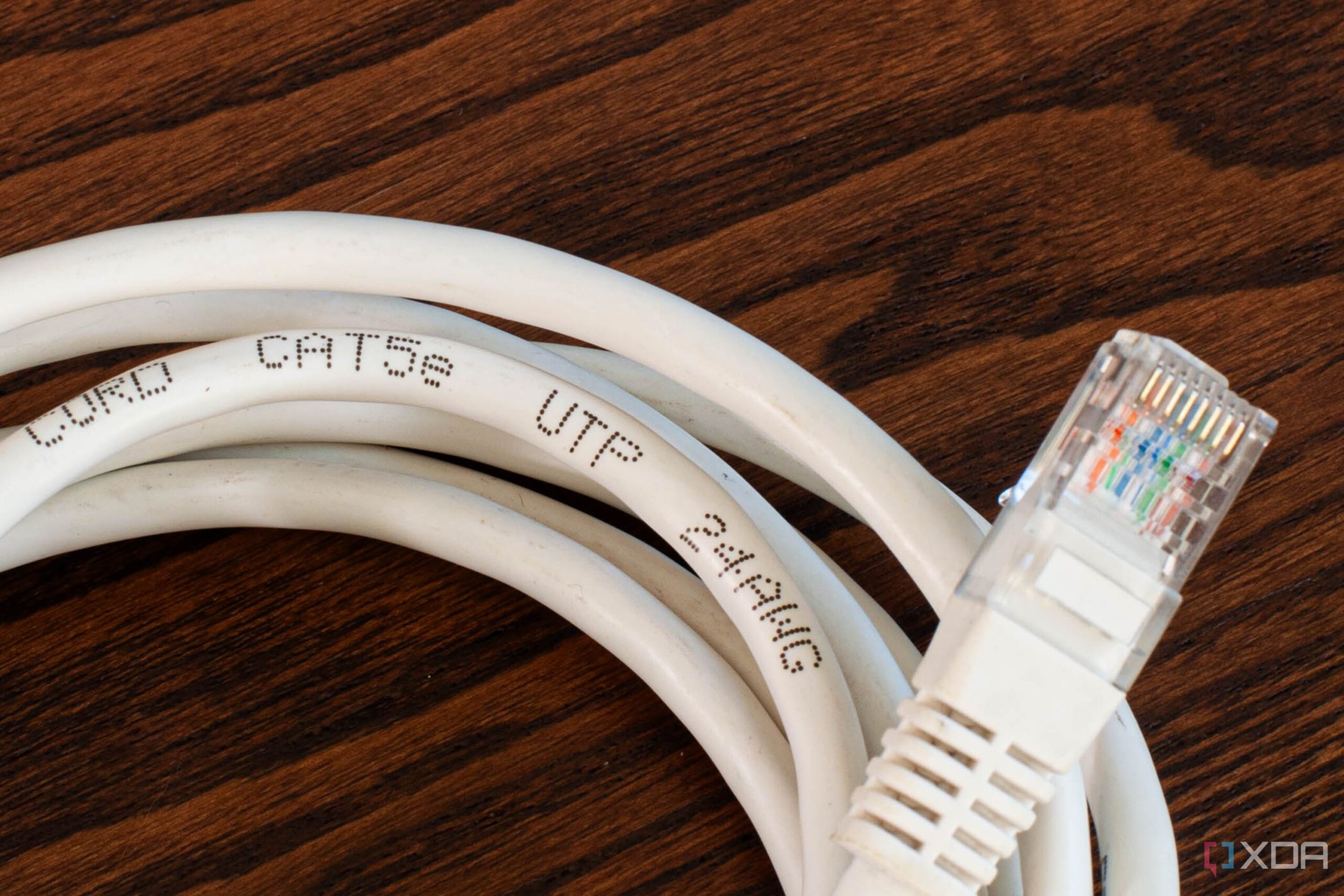UPDATE: Internet users are being urged to scrutinize their Ethernet cables, as they may be the hidden cause of frustrating network problems. As millions rely on high-speed internet for work and entertainment, experts warn that overlooked cables could be sabotaging connections.
In an urgent advisory, technicians revealed that outdated or damaged Ethernet cables can significantly limit your internet speed. Many homeowners might still be using Cat 5 cables, which only support speeds up to 100Mbps, even when their service providers offer much faster connections. If your internet isn’t performing as promised, the solution might be as simple as checking your cables.
Experts note that even a Cat 5e cable, while an improvement, may not be sufficient for today’s demand for speed. Cables such as Cat 6 and Cat 7 are recommended for optimal performance, particularly for users with multi-gigabit connections or home servers.
Many consumers overlook the quality of the cables they purchase, often opting for cheaper alternatives. Cables labeled incorrectly as higher-quality types can lead to severe performance issues. Those buying 200-foot Cat 6 cables, priced between $30-$40, should be wary of Copper-Clad Aluminum (CCA) options, which are notorious for faster degradation and potential safety hazards.
Technicians emphasize: “Inspect your cables before spending on new devices or internet plans.” Even minor damage to an Ethernet cable can force systems to negotiate lower speeds. Factors such as tight bends, poor cable management, and environmental damage from rodents can lead to significant performance drops.
As users spend more time online, the implications of these findings are profound. Many households are now more reliant on stable internet connections for remote work, streaming, and online education. Ignoring the integrity of your Ethernet cables could mean missing out on the full benefits of your internet service.
In light of this information, experts recommend checking your cables immediately. Look for signs of wear, ensure you are using the correct type, and consider consulting a professional if you’re uncertain about installation or cable quality. Properly crimped connectors can also make a significant difference in maintaining high-speed connections.
In conclusion, while upgrading your router or internet plan might seem like the obvious solution, the real issue may be lurking in the cables connecting your devices. Take action now to ensure your internet speed isn’t being compromised by something as simple as an old or faulty Ethernet cable. Don’t let a hidden problem undermine your connectivity—check those cables today!






































































